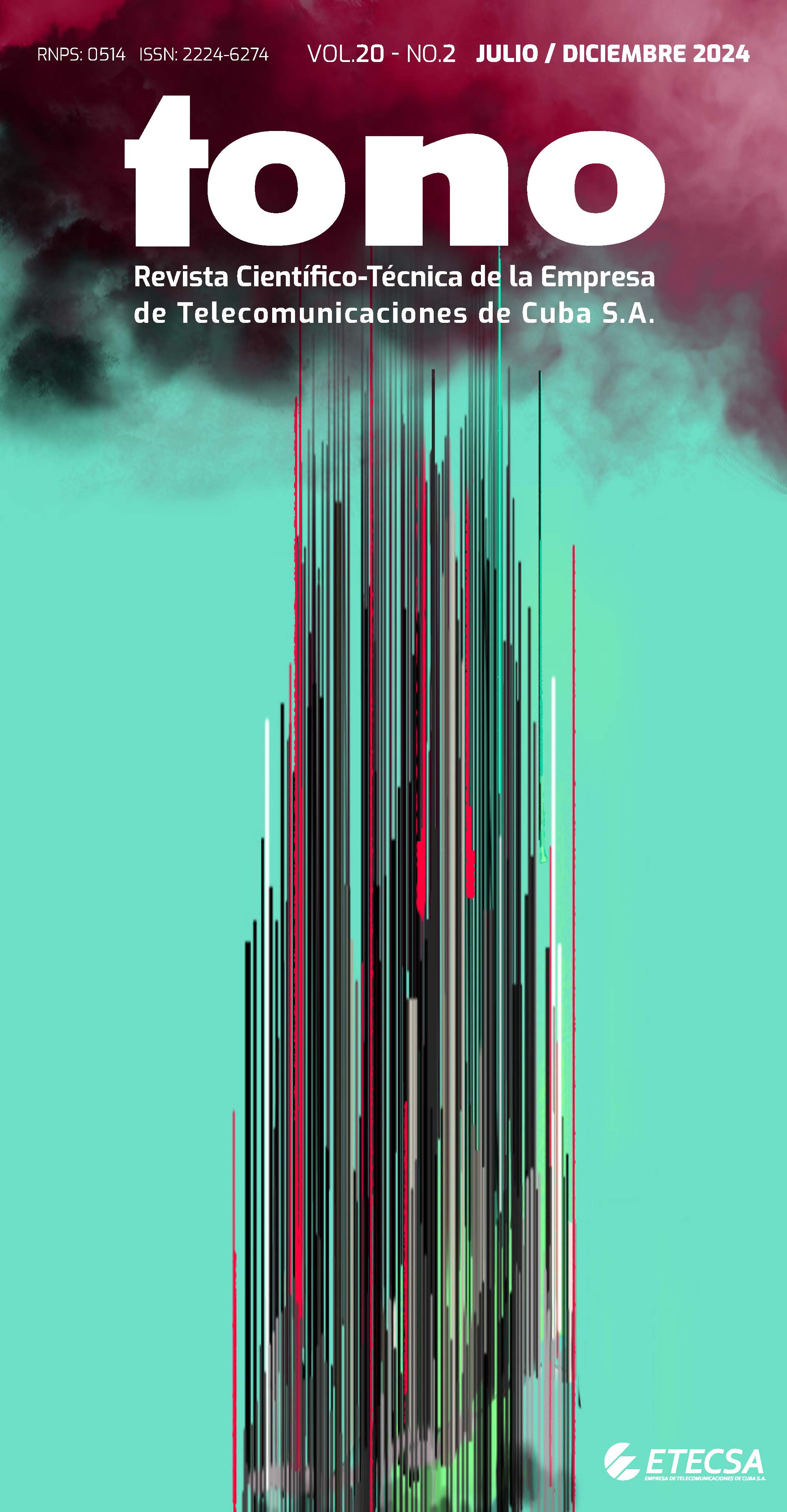Modelos de Deep Learning en la predicción de propiedades ADME/Tox
Abstract
This paper deals with the development of a Deep Learning model for the prediction of ADME/Tox properties in modified
cyclic peptides from a software engineering perspective. The aim was to establish a robust and reproducible methodology to guide
the design and implementation of the model, ensuring the quality and traceability of the process. To this end, functional and nonfunctional requirements were defined through a detailed domain analysis, and a modular architecture was designed based on
scalability and maintainability principles. Modelling tools such as use case diagrams, component diagrams and sequence diagrams
were used to document system interactions. The methodology adopted included an iterative and incremental approach, supported by agile practices that allowed continuous validation of progress. The results achieved include a working prototype whose design ensures extensibility to incorporate new molecular encoding methods and evaluation metrics. This approach proved effective in structuring complex processes and improving system predictability. In conclusion, the integration of software engineering
principles in bioinformatics projects not only optimizes technical development, but also improves reproducibility and applicability in
pharmacological research and development scenarios.

